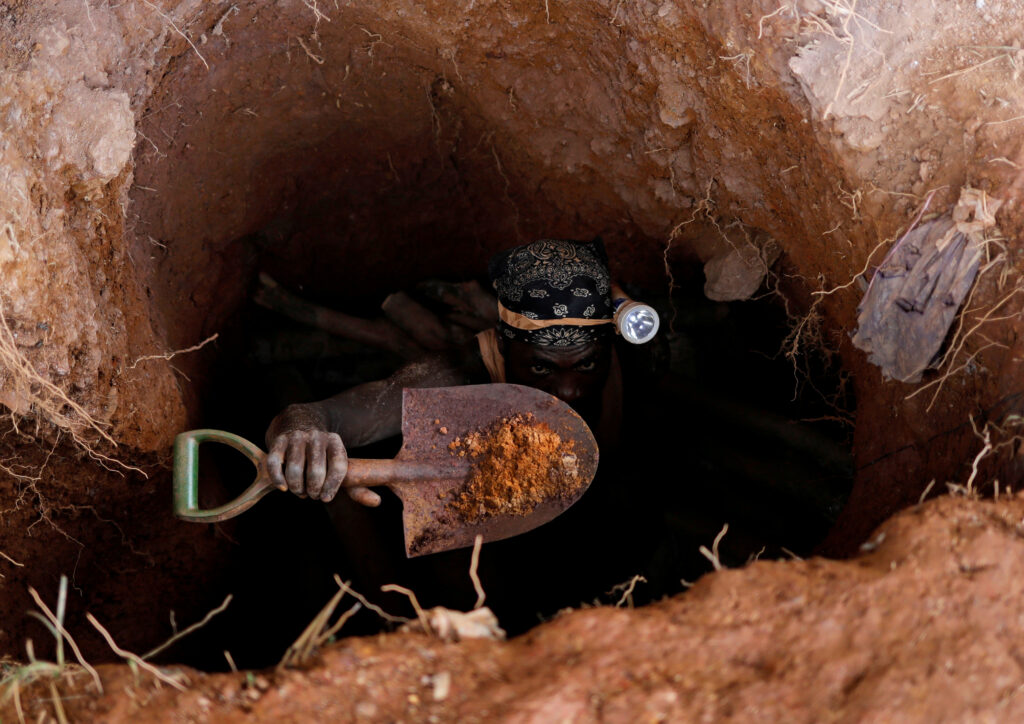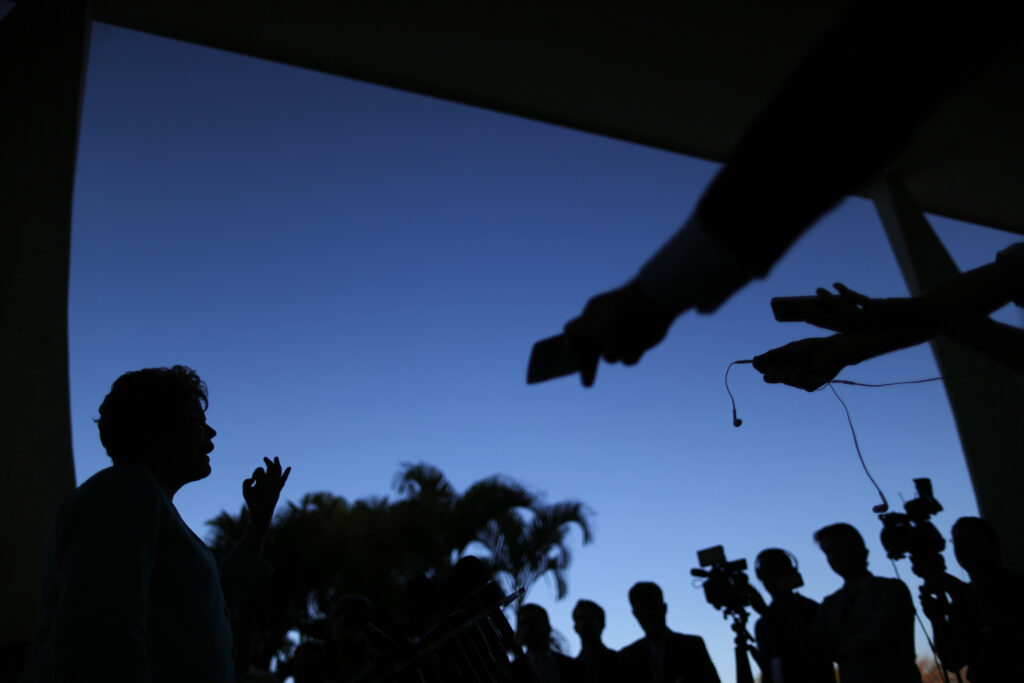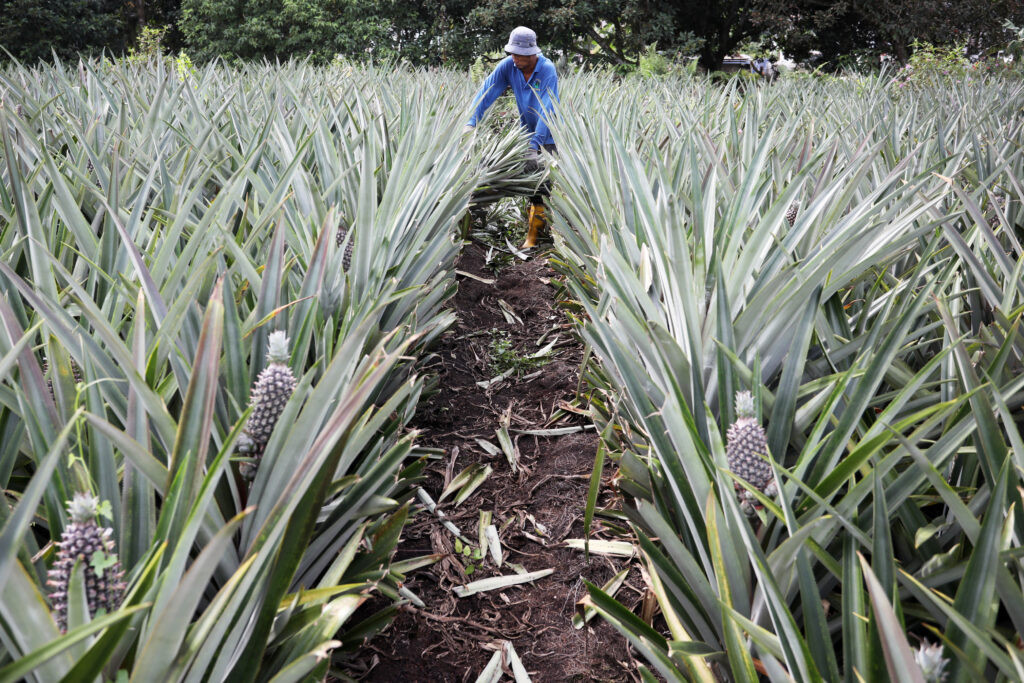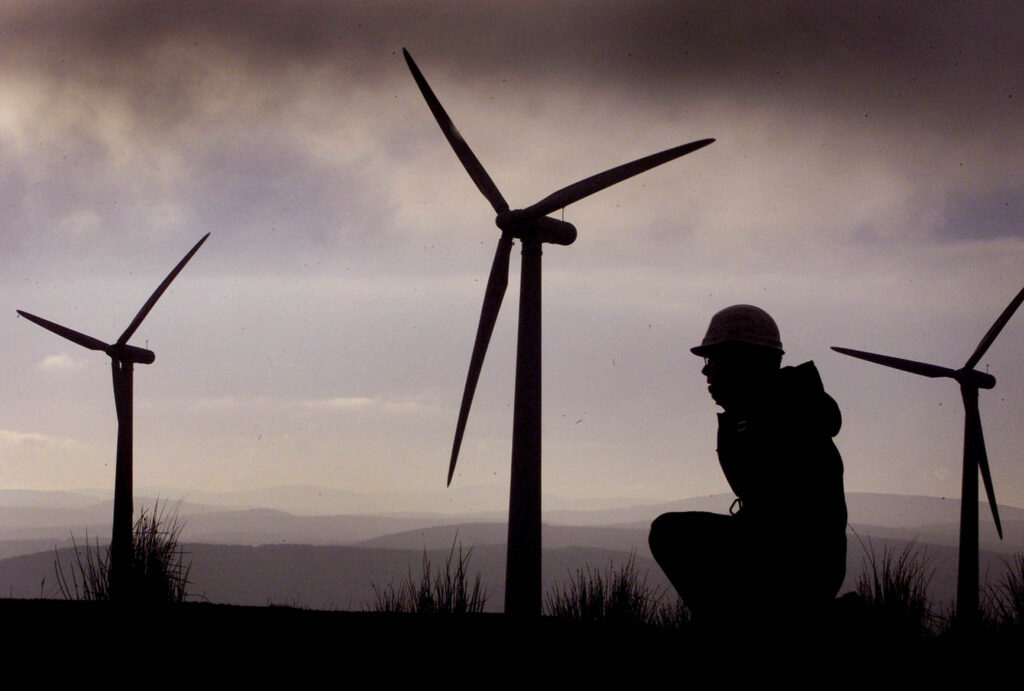About
Every year, Africa is estimated to lose approximately USD 88.6 billion to illicit financial flows (IFFs), 3.7% of the continent’s GDP. These illicit activities limit the funds available for economic development and undermine social progress and national stability.
Focusing on Kenya, Ghana, Mozambique, Rwanda and Tanzania, the three-year project aims to improve accountability, transparency and the effectiveness of domestic tax systems.

Overview
The current phase of the programme, the third we have led since 2015, aims to transform media and civil society’s approach to illicit financial flows (IFFs).
IFFs can include a range of practices and financial manipulations. Our work focuses on illegal tax activities, including issues like corruption, tax avoidance and evasion, and cross-border transfer of illicit funds.
The project seeks to empower citizens of African countries to hold their governments accountable and reduce the loss of resources from the continent.
We enhance journalists’ abilities to report on tax issues through training, mentoring, story grants and in-house newsroom consultancy at regional or national levels. We also support civil society groups through legal research and advisory support through our pro bono legal service, TrustLaw. We are also working with the private sector in Ghana and Kenya, offering training on human rights due diligence and responsible tax practices.
Key highlights
Highlights from this programme include:
- Investigating smuggled medical equipment: In Egypt, we helped a journalist investigate the cost and lost taxes from smuggled medical equipment, prompting the Minister of Health to change procurement procedures.
- Highlighting missing money from the Tour du Faso: In Burkina Faso, we supported a journalist investigating the Tour du Faso cycling race, revealing that 50 million CFA ($86,000) was unaccounted for due to financial malpractice. Following this, a Permanent Secretary for the Tour du Faso was established by the Minister of Sports and Recreation.
- Examining Egypt’s economic free zones: We assisted a journalist in Egypt to look at how economic free zones were becoming tax havens, causing the economy to lose about USD $1 billion annually. This led to stricter controls and regulatory changes by the Ministry of Finance.
- Reporting on Cape Verde’s potential tax haven status: We helped two local newsrooms investigate a government policy that risked turning Cape Verde into a tax haven. The government later cancelled the policy.
Journalists
Since 2014 the project has supported 576 journalists and 38 independent newsrooms across Africa.
African countries
We have trained and supported journalists and newsrooms from countries across the continent.
Reports and investigations
Produced on issues related to IFFs by participating journalists and independent newsrooms since 2014.
Coming to the Foundation’s IFFs training has been a game changer in how I do my reporting. The incorporation of data in a simplified manner has helped me tell complex stories in an easy fashion and style. I have received more acceptance onto other training schemes because of the nature of my pitches.
I have received multiple awards because of the stories I produce looking into IFFs. My reporting has propelled me to being accepted in the Mandela Fellowship 2024 cohort.
How this programme is funded
Norad – the Norwegian Agency for Development Cooperation – is a professional body under the Ministry of Foreign Affairs (MFA) in Norway. Together with their partners and on behalf of Norway, Norad strives for a greener future in a world without poverty. It believes human rights must be respected, and none left out. By way of knowledge and cooperation, Norad ensures that the funds of Norwegian development aid contribute to global development.
Related programmes
View more programmes
Strengthening the Ecosystem for Independent Media in Africa
As part of our work to bolster the resilience of independent media globally, this programme aims to strengthen media ecosystems in Kenya, South Africa, and Zambia.
Read more
Responsible Labour Practices
In a world where supply chains are increasingly complex, and global demand requires fast and cheap products and services, promoting decent work and responsible labour practices is a critical issue.
Read more
Encouraging a Just Transition
Pursuing a just transition – creating greener job opportunities without leaving workers behind – has become a key challenge when tackling climate change. Workers, communities, businesses and the public need to be at the heart of these conversations.
Read more

